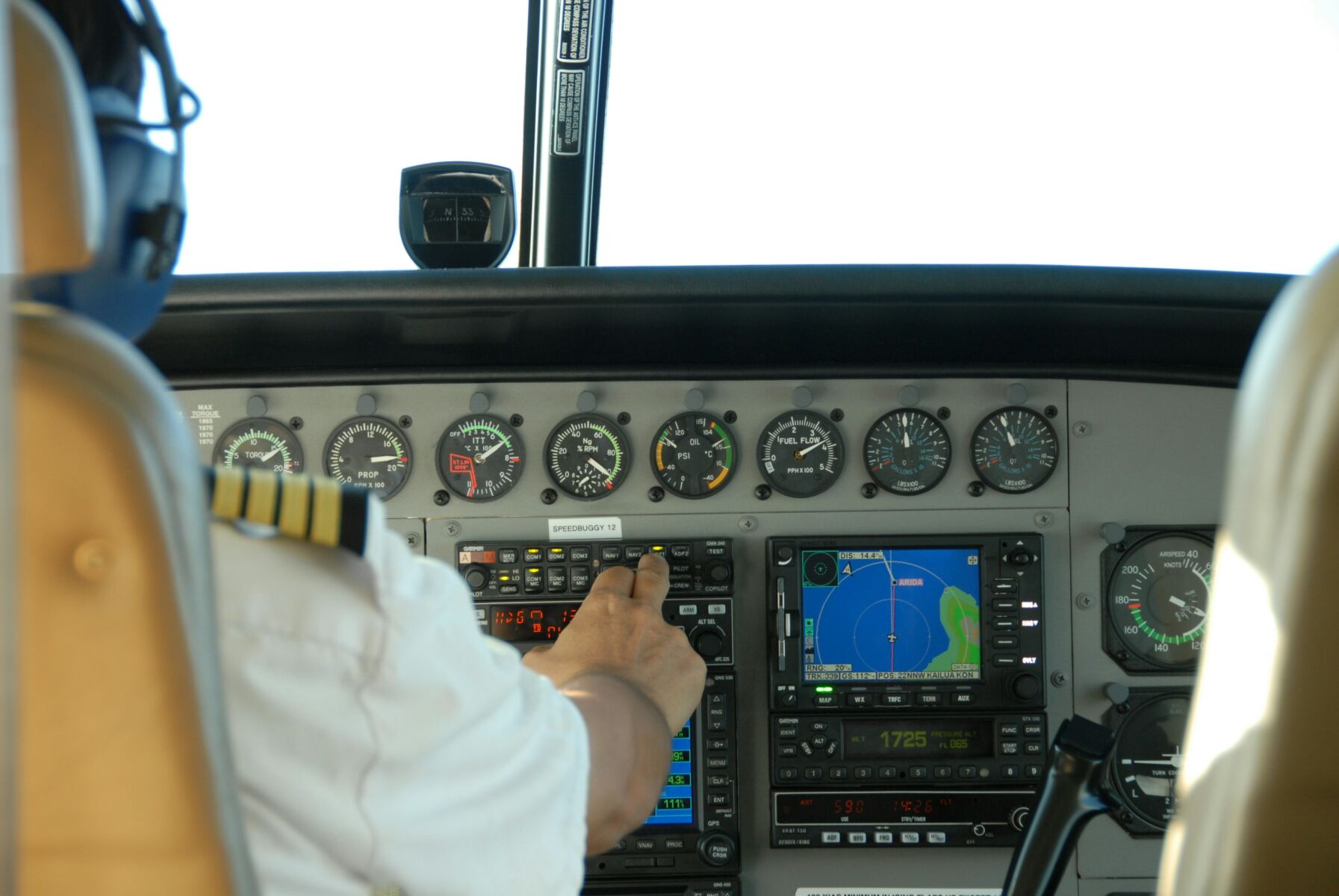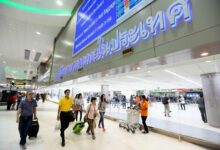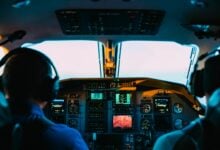Turbulence ahead: Thai pilots unhappy over foreign job wet lease plan

The Thai Pilots Association expressed significant concerns regarding the potential liberalisation of pilot jobs for foreigners through wet lease agreements for domestic routes. This move, they argue, could risk another red flag from the International Civil Aviation Organization (ICAO).
Several stakeholders, including the Department of Employment, the association, the Civil Aviation Authority of Thailand, and an airline that requested the liberalisation, discussed the matter last month. The proposal involves granting temporary permission for foreign pilots to fly domestic routes under aircraft, crew, maintenance, and insurance (ACMI) leasing arrangements, commonly known as wet leasing.
Teerawat Angkasakulkiat, President of the Thai Pilots Association, highlighted that the Labour Ministry’s current regulations prohibit foreign pilots from operating domestic flights in Thailand. The department, however, has considered temporarily easing this restriction to address a pilot shortage during the upcoming high season, extending for six months.
Teerawat warned that this permission could have detrimental effects on the Thai aviation industry. He pointed out that Thailand has not committed to Article 83bis of the Chicago Convention, which allows the state of registry to transfer supervisory responsibilities for an aircraft to the state of the operator. Granting such permissions might, therefore, breach aviation laws and jeopardise the country’s standing, said Teerawat.
“In the worst-case scenario, Thailand could incur a red flag, as happened in 2015 when the country failed ICAO’s safety test, which stopped Thai carriers from expanding to other countries.
“The officials might say the amendment is temporary, but what will happen if more airlines follow suit by taking advantage of this change? Then officials cannot prevent other carriers from conducting the same practices as they could be accused of discrimination.”
Wet lease
Allowing foreign pilots through wet lease contracts would also impose high costs on airlines without benefiting the country, Teerawat noted. He argued that such agreements do not guarantee reduced operational costs for passengers.
The association is particularly concerned about the lost opportunities for 1,736 unemployed Thai pilots, including both new graduates and those laid off during the pandemic. Teerawat emphasised that each pilot could generate an average annual income of 3.5 million baht (US$102,300), resulting in a potential 6 billion baht (US$175 million) boost to the domestic economy when the aviation industry fully resumes, reported Bangkok Post.
Teerawat urged the new government to carefully consider the implications of this issue when the Department of Employment submits the agenda to the new Cabinet. He also highlighted other challenges, such as the obstacles preventing local pilots from obtaining flying licences, which the association wants to address.
Latest Thailand News
Follow The Thaiger on Google News:


























